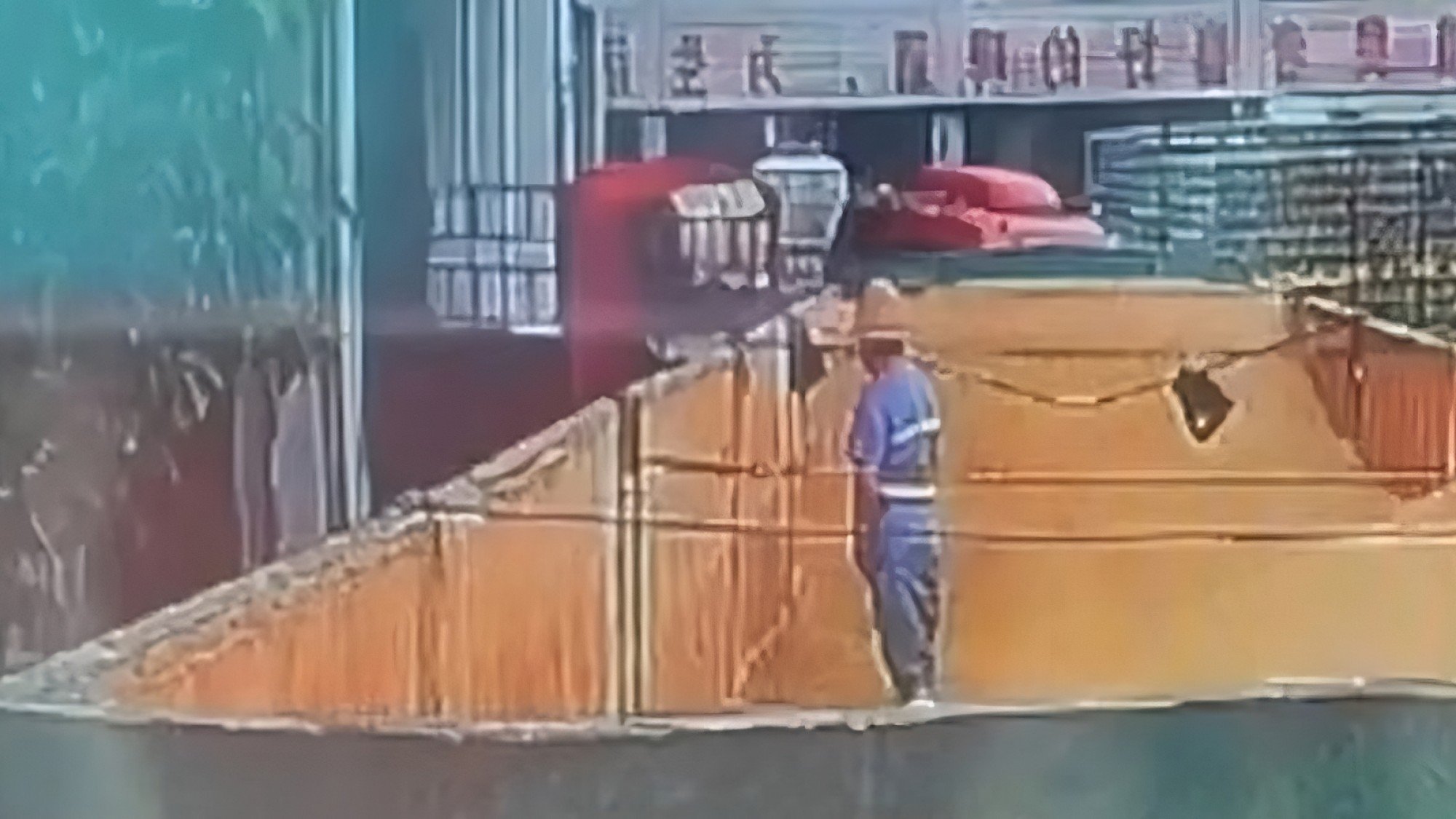The video, which has received tens of millions of views on social media worldwide since being uploaded on Thursday, shows a worker dressed in a uniform clambering into a high-walled container and urinating inside it.
Both South Korea’s Ministry of Food and Drug Safety and the local importer of Tsingtao have stressed that the company’s imported products are not connected to the factory in the video, which they said produces beer only for the domestic Chinese market.

This explanation has failed to appease consumers in South Korea, however, who have raised questions about the quality control system and hygiene standards at the company.
“It’s not a matter of whether the products were for the domestic market or export, as the incident has already undermined public trust in the company. Consumers do not know what is happening at other Tsingtao factories,” a 37-year-old office worker in Seoul said on condition of anonymity.
Consumer anger and anxiety are mounting as similar incidents concerning the hygiene of Chinese-made food and drink products have cropped in recent years.
Chinese beer maker Tsingtao opens probe after worker urination video goes viral
Chinese beer maker Tsingtao opens probe after worker urination video goes viral
Kimchi is a traditional Korean side dish normally made of fermented cabbage, salt and hot peppers, and is eaten with almost all meals. Though it is a traditional Korean food, kimchi made in China has been served in many restaurants in South Korea as it is cheaper than domestic options.
Experts, at the time, said that there was a low possibility that the kimchi in question had been imported to South Korea, but the incident triggered apprehension over kimchi commercially made in China, resulting in a rapid decrease in imports.
The incident, which exposed institutional neglect of food safety in China, poisoned some 300,000 children and killed six.
Adding to concerns lately is the increasing importation of competitively priced Chinese food products amid high inflation in South Korea.
For example, nearly 120,000 tonnes of Chinese-made kimchi were imported to South Korea in the January-May period, up 20.7 per cent from a year earlier, according to statistics analysed by the Korea Customs Service.
Kimchi wars: South Korean restaurants still use Chinese imports, survey shows
Kimchi wars: South Korean restaurants still use Chinese imports, survey shows
Kim Yong-gil, a former law professor of Wonkwang University who specialises in laws governing Chinese food products, attributed the continued hygiene controversies to the locations of Chinese food factories, as many of them are located in rural areas where working and living conditions are substandard.
“In addition, monitoring and control of state institutions is not sufficient, and some individuals there have relatively low hygiene awareness,” Kim said during a CBS radio appearance on Tuesday, noting that consumers should thoroughly check expiry dates, nutrition elements and other details before purchasing food products.

